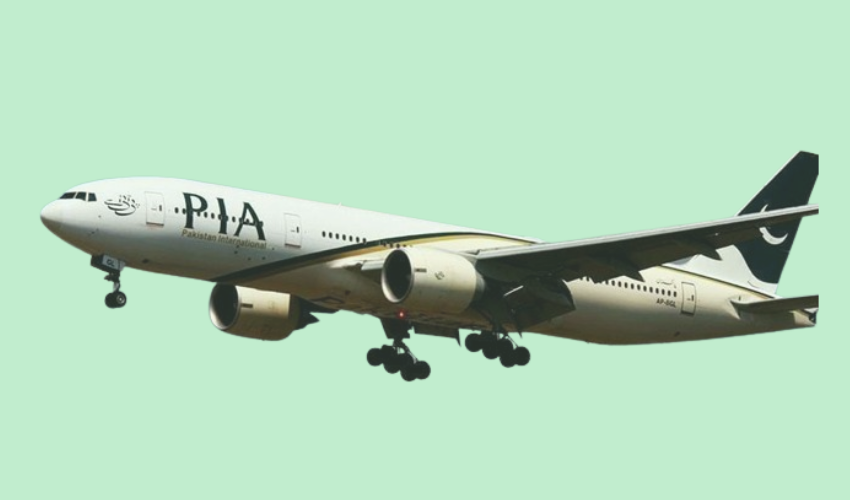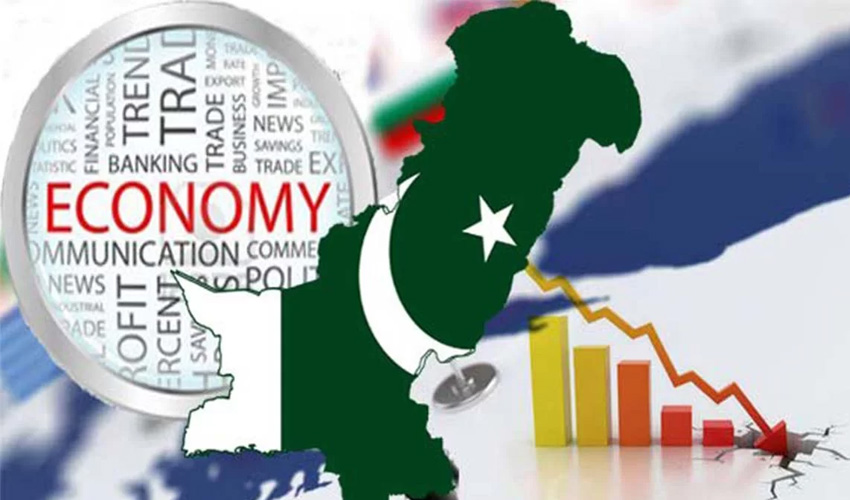The federal government has officially resumed the privatization process of Pakistan International Airlines (PIA), issuing a notice inviting expressions of interest for the sale of 51 to 100 percent shares of the national airline.
The process, which has seen several hurdles in recent years, also includes the transfer of management control of PIA.
The Privatization Commission has set June 3, 2025, as the deadline for the submission of expressions of interest, signaling a new phase in the long-awaited privatization initiative. According to the Commission, PIA’s core and non-core businesses have now been separated, with the assets and liabilities of the airline being transferred to the PIA Holding Company Limited.
In a bid to make the sale more attractive to potential investors, the Privatization Commission has announced that sales tax exemptions will be granted for the purchase and lease of new aircraft, alongside financial assistance for PIA.
This move is part of the government’s efforts to revitalize the airline, which has been facing continuous financial losses over the past several years.
The decision to move forward with the privatization follows a series of setbacks that have plagued the process. The government had previously received bids for the airline, but these offers were rejected due to their failure to meet the expected financial targets. In October 2024, bids were opened for the privatization of 60 percent of PIA, with the government seeking Rs 85 billion. However, the only bid received was for just Rs 10 billion from a real estate marketing company, far below the government’s expectations.
Subsequently, a Pakistani group based in Dubai, the Al Nhang Group, presented a significantly higher offer. The group proposed to purchase PIA for more than Rs 125 billion, including the airline’s Rs 250 billion worth of liabilities. The Al Nhang Group also offered assurances that PIA employees would not face layoffs and that salaries would be incrementally increased by 30 to 100 percent over time.
Despite the higher bid, the privatization process faced further controversy. On December 19, 2024, former Federal Minister for Privatization, Fawad Hassan Fawad, publicly criticized the government, accusing it of sabotaging the privatization effort. Fawad alleged that all preparations for the sale had been completed, but the current government had obstructed the process. He further questioned the government’s approach to privatization, pointing out that the head of the Privatization Commission is also the country’s Foreign Minister, a position that he argued conflicts with the goals of privatization.
The debate surrounding the privatization of PIA has also been shaped by broader political narratives. Fawad Hassan Fawad emphasized the need for a clear and consistent policy, urging the government to adopt a smaller, more efficient public sector. “There should be a clear objective and narrative for privatization,” he said. “Tell me a country in the world where the head of the privatization committee is the Foreign Minister. The current Prime Minister believes in big government. We need a government that believes in a small government.”
The government’s renewed focus on privatization comes at a time when PIA’s financial struggles remain a pressing issue. The airline, once a symbol of national pride, has faced years of mismanagement and mounting losses, leading to its current dire financial situation. Despite these challenges, the government appears determined to move forward with the privatization process, hoping to turn the tide for the struggling airline.

























